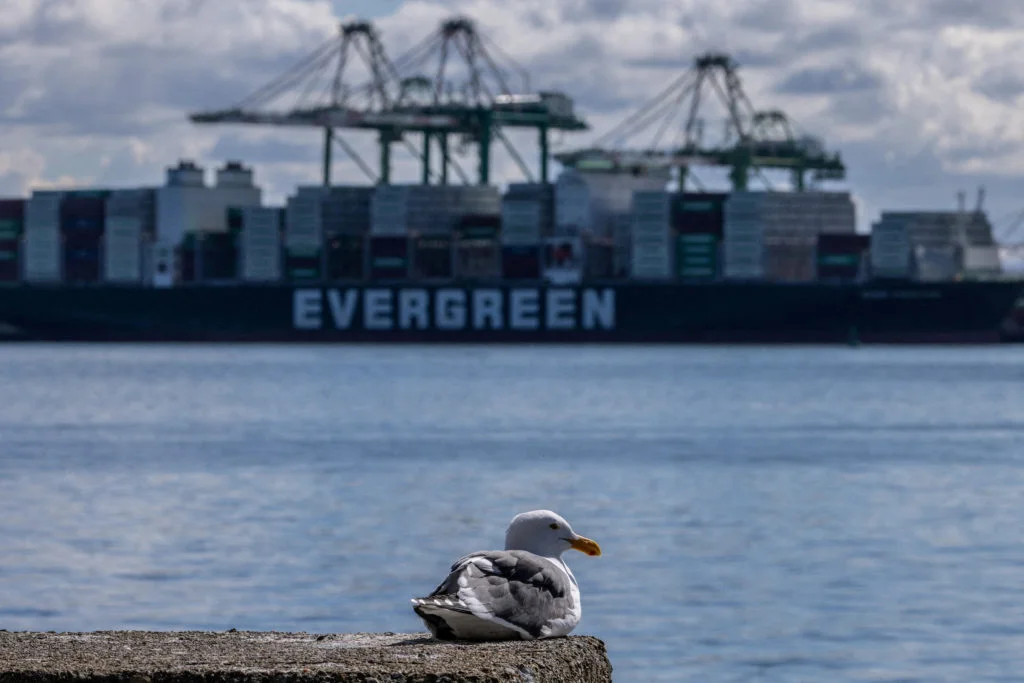
EU and Canada Respond to Trump’s Tariffs with Countermeasures
The European Union and Canada have announced new countermeasures in response to tariffs imposed by former U.S. President Donald Trump. The EU is seeking unity in its first strike back against these tariffs, which were reintroduced in 2025. The European Commission is considering targeting U.S. big tech companies as part of its retaliation strategy, aiming to leverage the significant presence of these firms in the European market.
Canada, on the other hand, has unveiled its own set of countermeasures, focusing on protecting its industries from the adverse effects of the reinstated tariffs. The Canadian government's announcement comes as part of a broader international response to what many see as protectionist policies from the U.S.
Economic analysts warn that these retaliatory measures could lead to a global recession if not managed carefully. The reimposition of Trump's tariffs has already caused ripples in international trade, with fears that escalating trade wars could further destabilize the global economy.
Related issues news
What is a US tariff?
Tariffs on imports are designed to raise the price of imported goods to discourage consumption. The intention is for citizens to buy local products instead, thereby stimulating their country's economy. Tariffs therefore provide an incentive to develop production and replace imports with domestic products.
Are tariffs taxes?
Tariffs are taxes on imports, collected when foreign goods cross the U.S. border by the Customs and Border Protection agency. The money — about $80 billion last year — goes to the U.S. Treasury to help pay the federal government's expenses.
Why do other countries have tariffs?
Historically, countries have used tariffs to protect domestic products from foreign competition. While many countries have reduced tariffs through trade agreements, that trend is being undone fast, given the broad tariff regime announced by U.S. President Trump in 2025.
Are reciprocal tariffs in addition to current tariffs?
The reciprocal tariffs are additive, meaning that they apply in addition to most existing tariffs – including, with respect to China, Section 301 duties and duties recently imposed under the fentanyl/migration orders pursuant to the International Emergency Economic Powers Act (IEEPA).